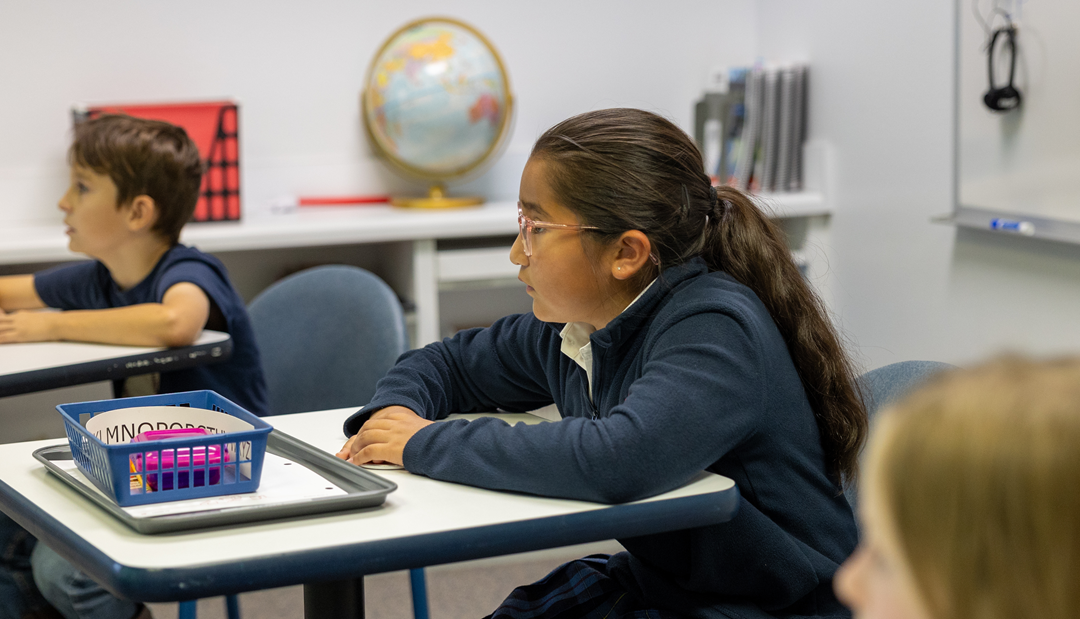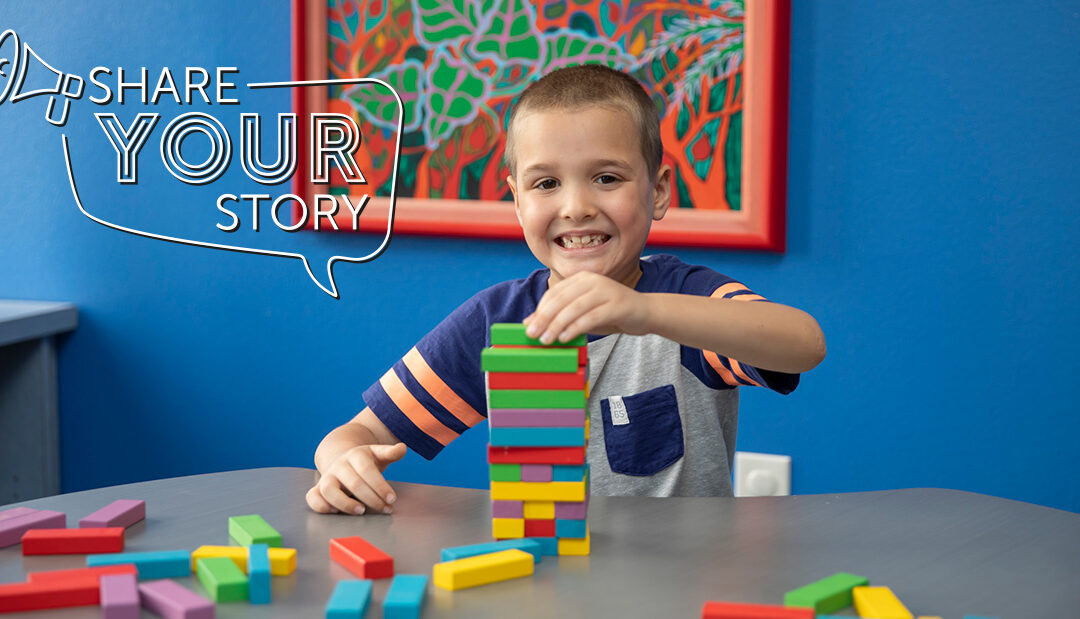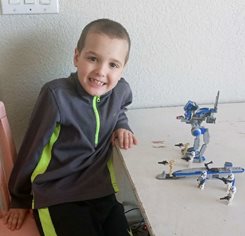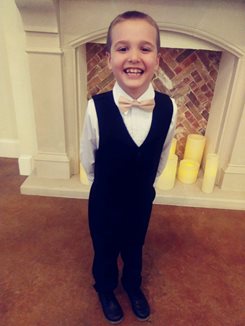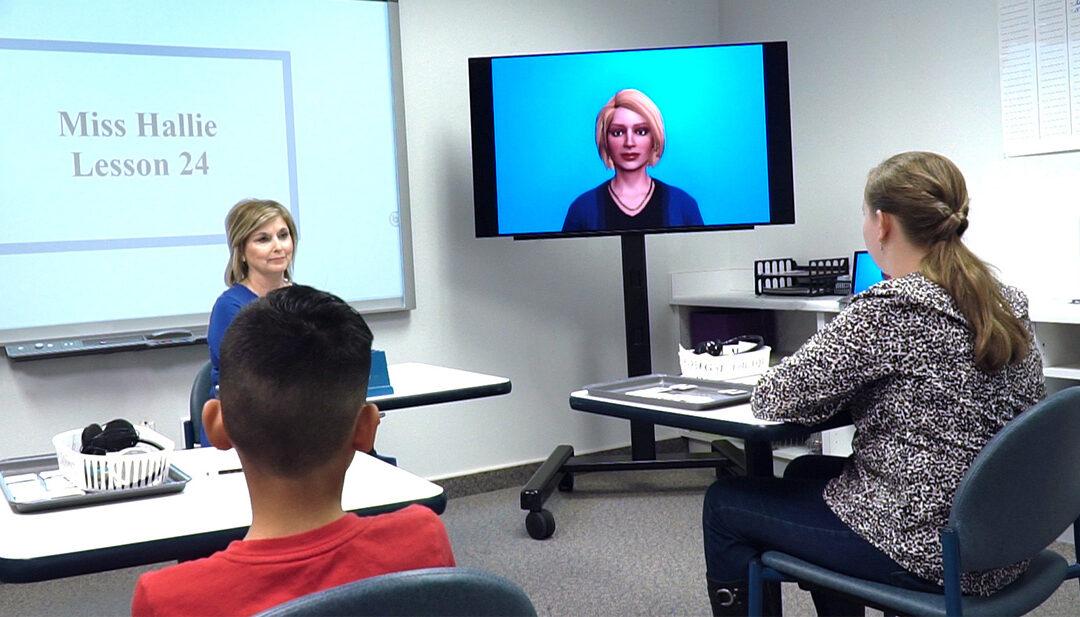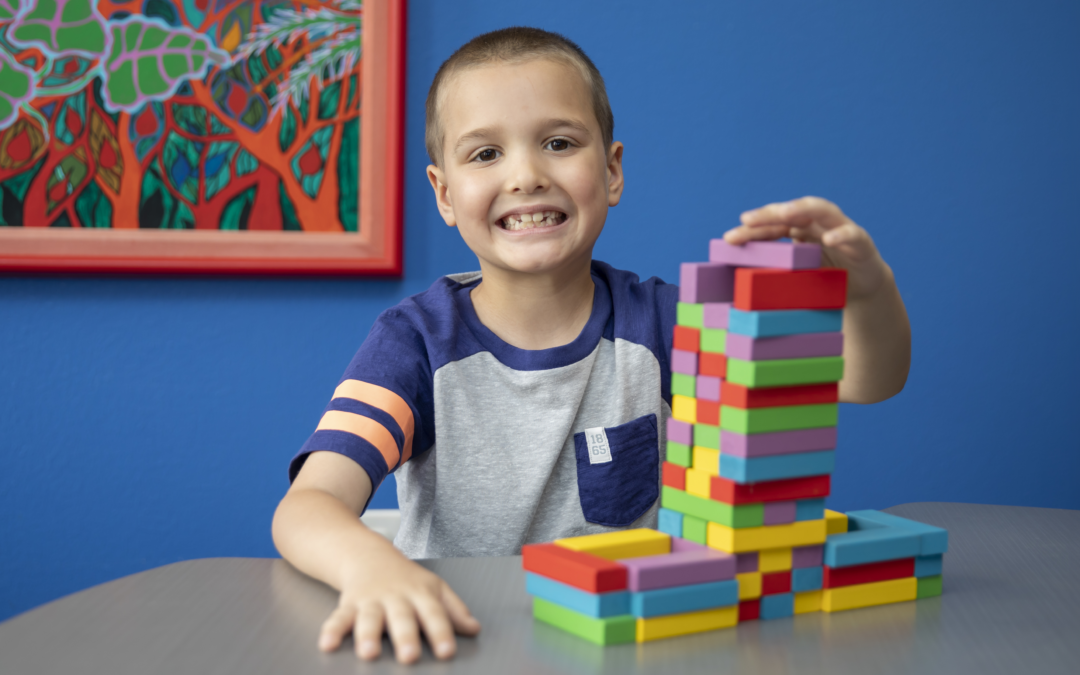
Levi Soars To Success With Take Flight
“We thank God for connecting us with Scottish Rite,” says Levi’s dad, Josh. “Levi was unable to recognize his letters when we first arrived, and now he’s reading chapter books.”
Nine-year-old Levi, of Arlington, is a creative spirit with a passion for reading. Each book offers him a chance to immerse himself in new adventures. With support from his family and care team at Scottish Rite, Levi is confidently navigating life with dyslexia.
Levi is the second youngest out of eight children, all homeschooled by their mom, Kelly. When it was time for Levi to start kindergarten, Kelly recognized his struggle with reading from her past experiences.
“Our second oldest daughter, Grace, was in first grade when my wife noticed she was having difficulty reading,” Josh says. “We were still living in Austin at the time, and Grace was diagnosed with dyslexia. We worked closely with a local language therapist to provide Grace with the tools she needed. She just graduated college in 2023!”
At age 5, Levi was evaluated by experts at Scottish Rite for Children’s Luke Waites Center for Dyslexia and Learning Disorders. After his assessment, Levi was diagnosed with dyslexia and attention deficit hyperactivity disorder (ADHD).
“If parents suspect there might be an issue, we encourage getting your child evaluated as quickly as possible,” Josh says. “Once you know dyslexia is the diagnosis, don’t panic. There is nothing wrong with your child. Your child’s brain just processes things differently. In fact, Kelly and I view dyslexia as a gift.”
According to the American Psychiatric Association, 5 to 15% of children have a learning disability, and approximately 80% of all children diagnosed with a learning disorder have dyslexia. Dyslexia is a condition which causes difficulty with reading and spelling. This results in a child’s trouble to read aloud, express themselves and connect sounds to written words or letters. ADHD is characterized by an inability to focus on one task and excess movement during tasks. Programs, like Scottish Rite’s Take Flight: A Comprehensive Intervention for Students with Dyslexia , are designed as an early intervention to equip children with essential learning strategies and boost their overall school performance.
“We were looking into finding private language therapy for Levi, just like we had done for our daughter,” Josh says. “It turned out there was an opening for Levi to enroll in the Take Flight program at Scottish Rite. We jumped at this chance.”
With help from his instructors and language therapists, Levi discovered what learning looked like for him. His writing, reading and math skills improved over the 2-year curriculum, and he began taking medication for his ADHD to help him focus on different assignments. Now, he has discovered a new passion for learning!
“We have seen a great progress since Levi started this program,” Josh says. “Levi’s language therapists helped him in ways we could only dream of. His confidence has grown exponentially as a result.”
Now in second grade, Levi has officially graduated from Take Flight’s program. His motivation to learn and passion for reading has only grown since then, and it is a gift to us to continue to watch him flourish!
“At times, it brings tears to our eyes to hear Levi read,” Josh says. “He has come so far in such a short amount of time. We are incredibly thankful for the impact Scottish Rite made in Levi’s life.”

